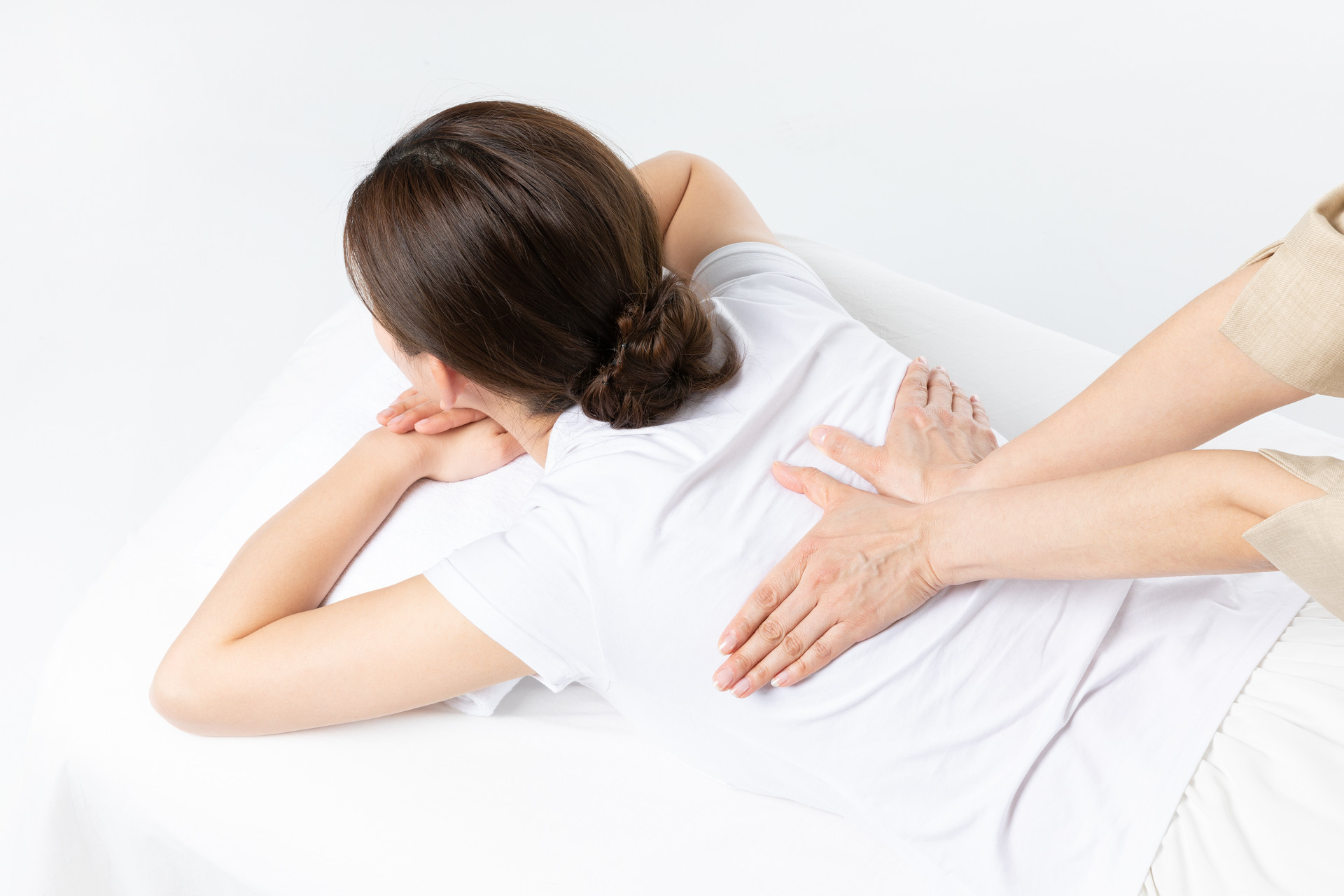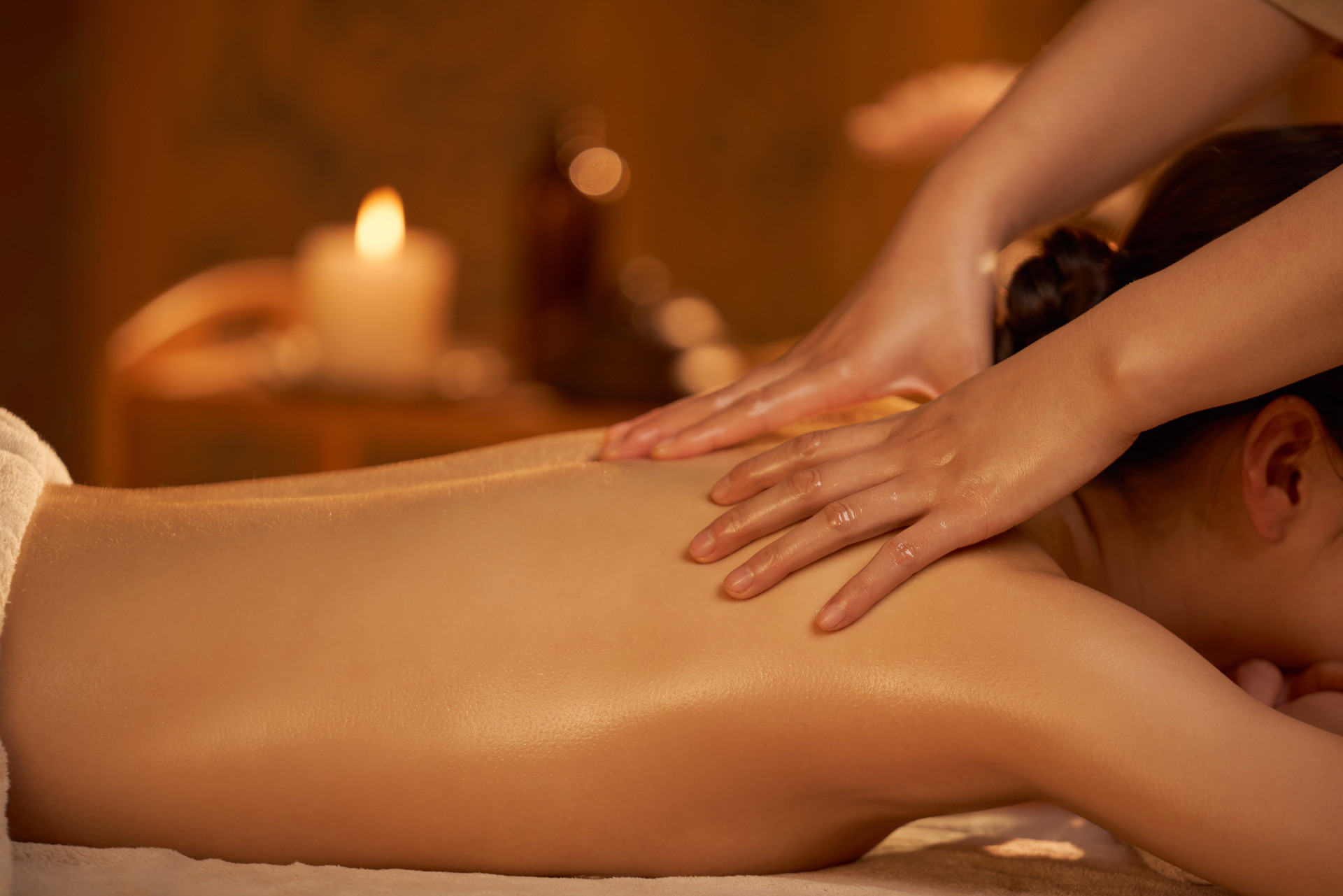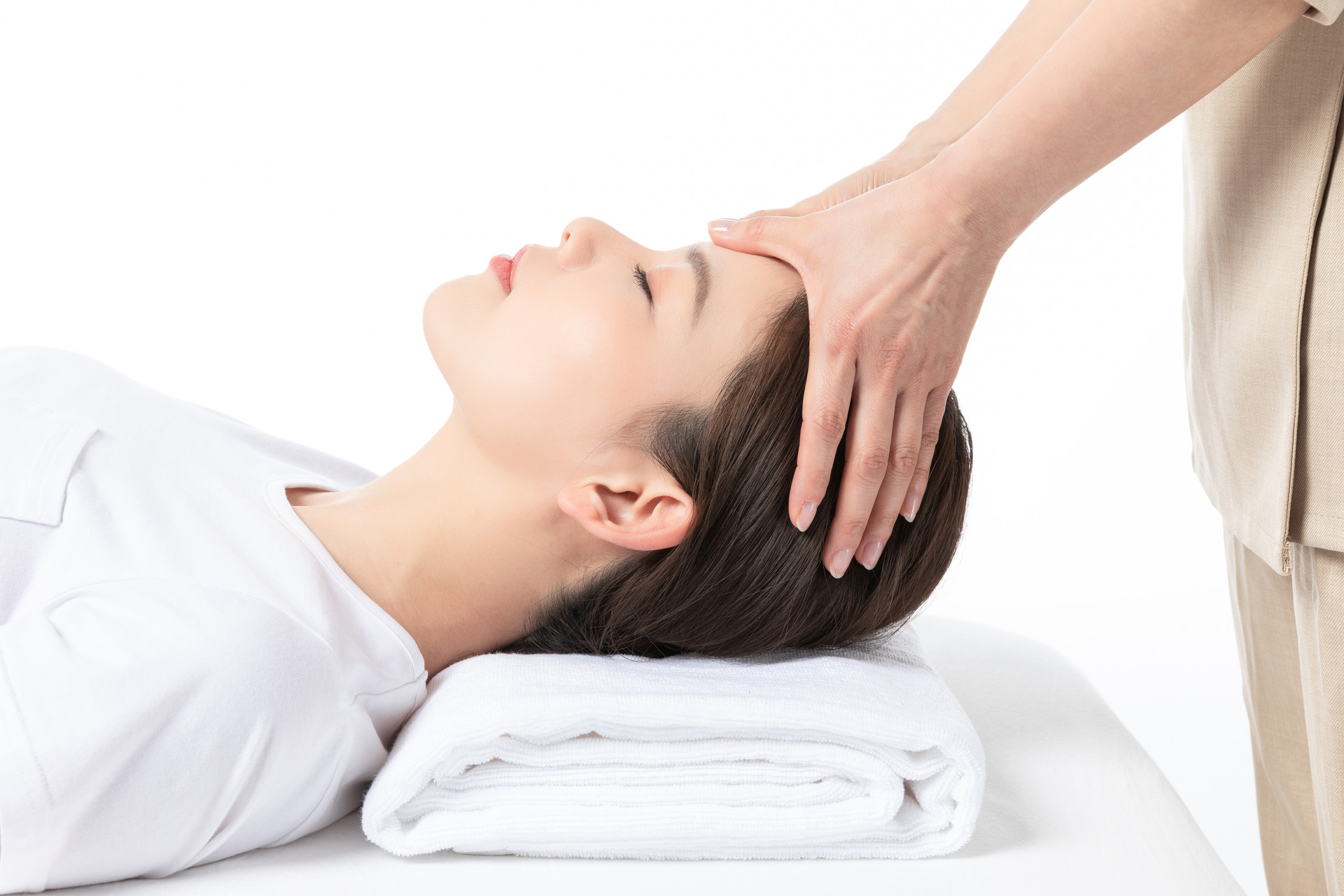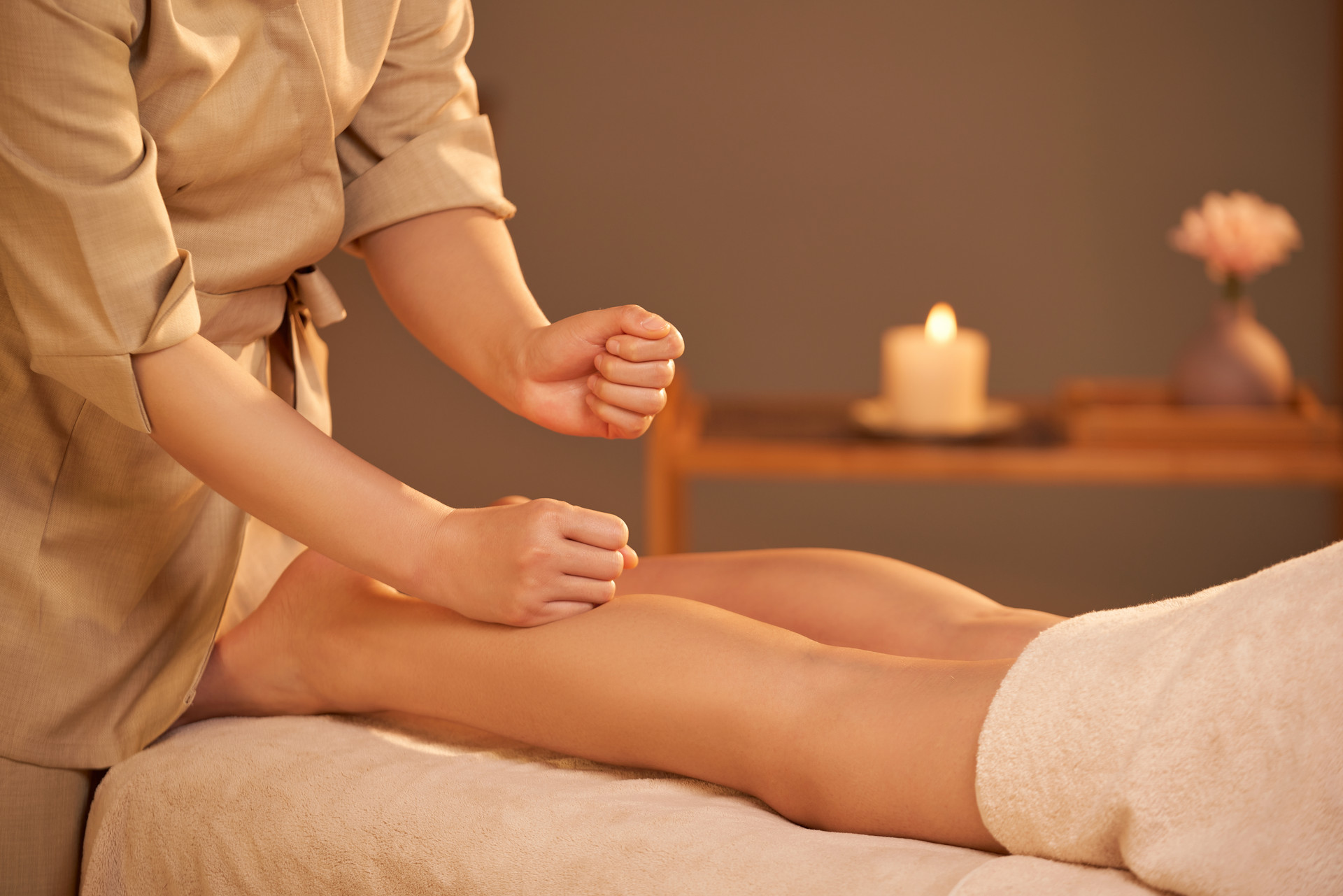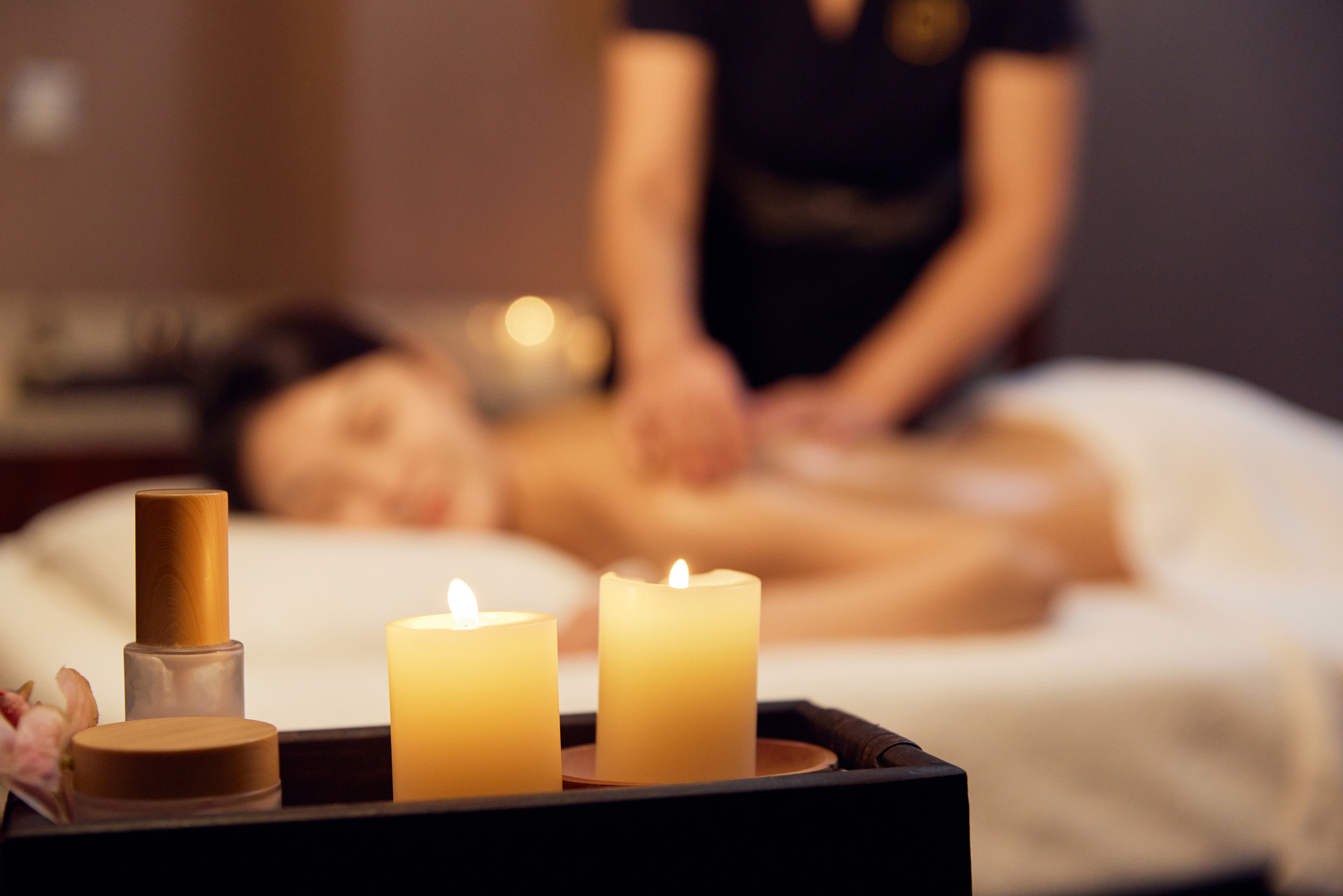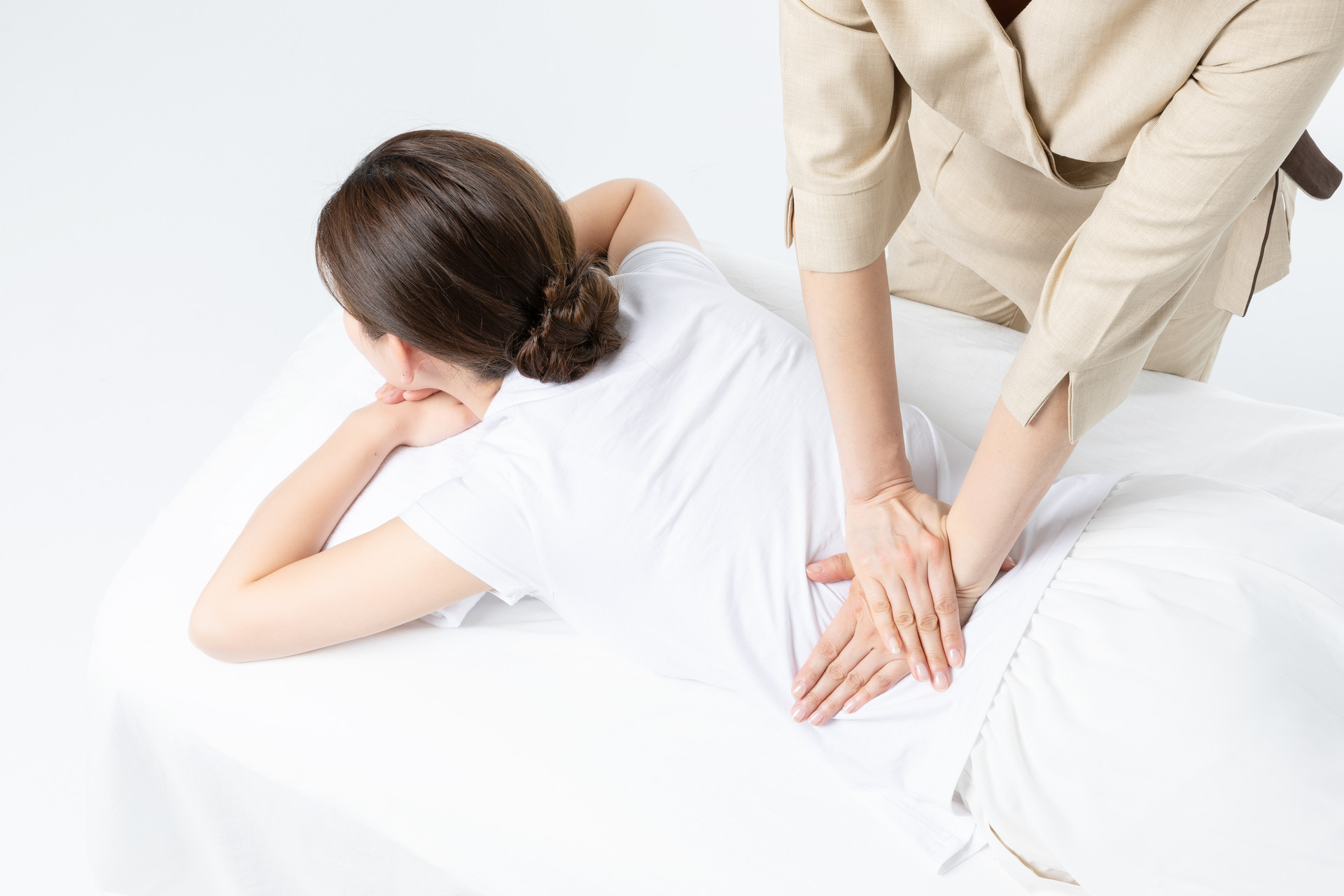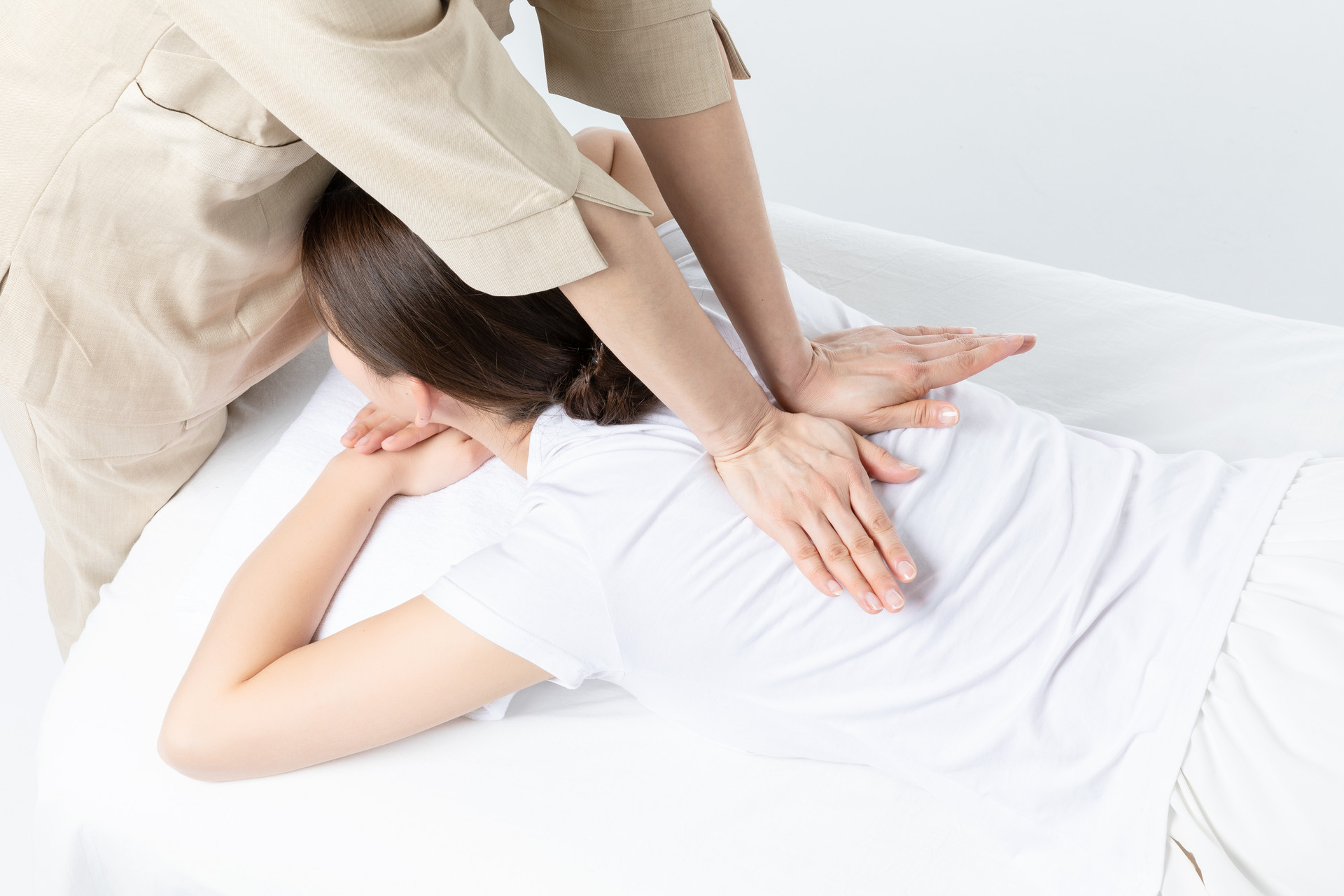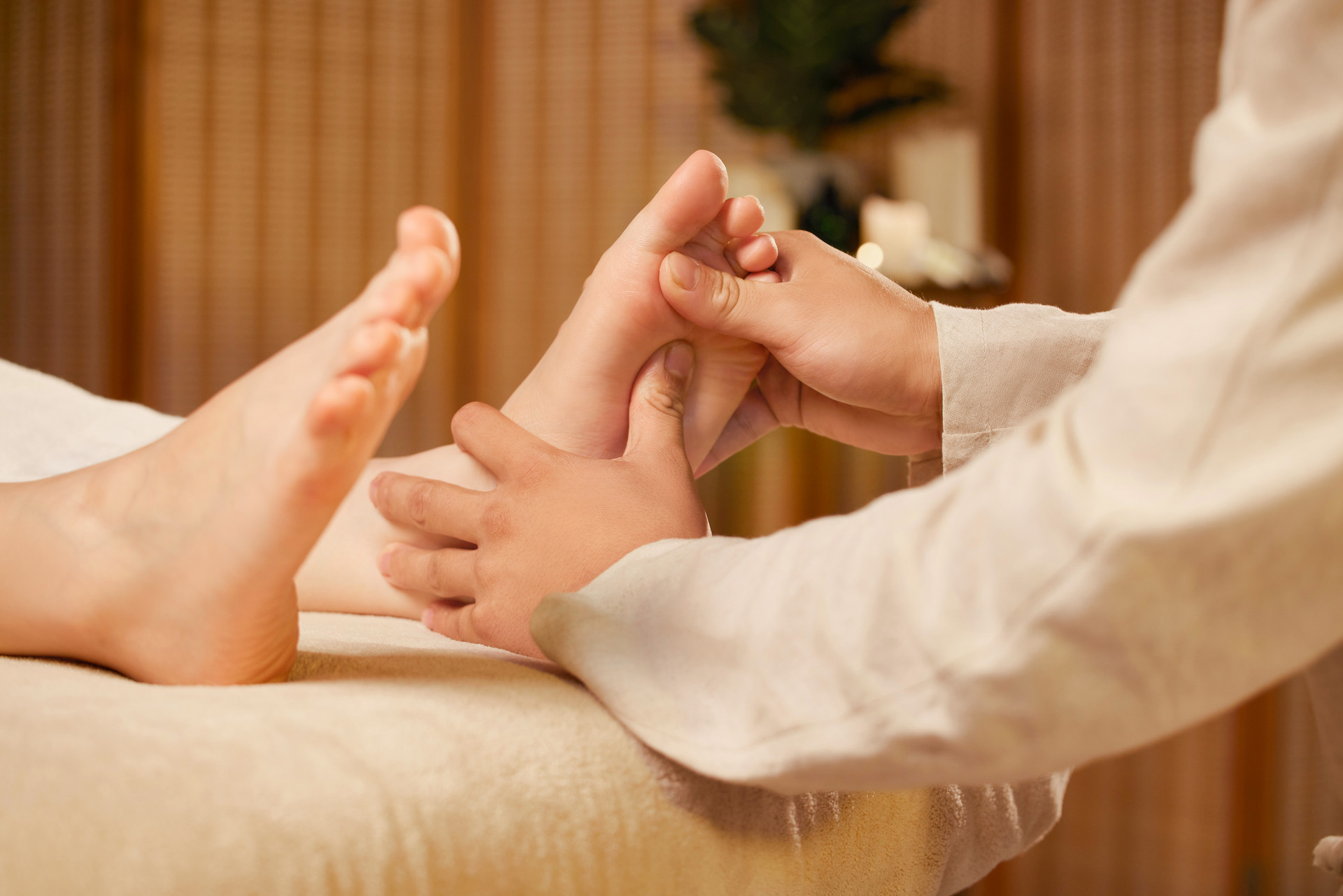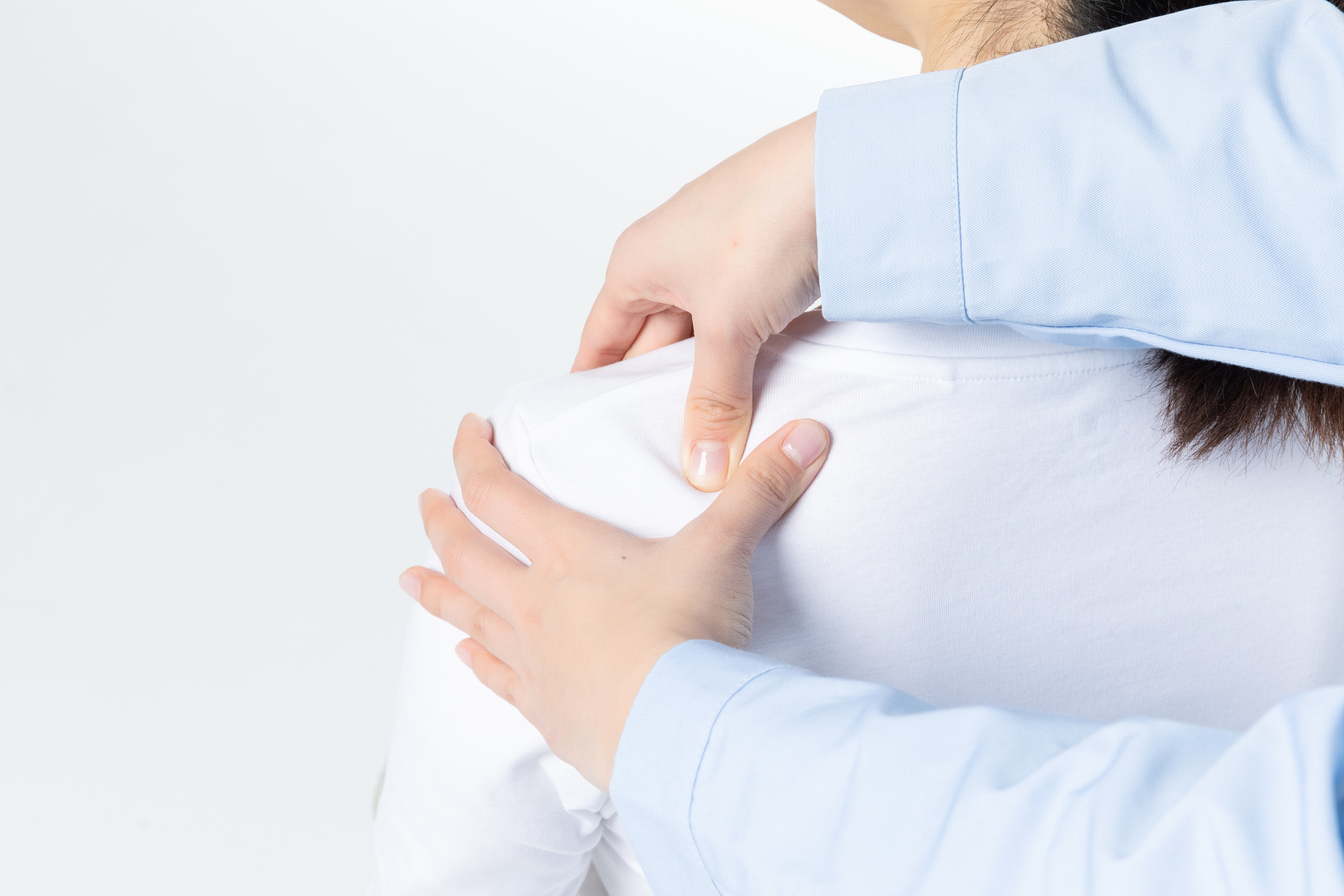In dealing with emergencies in life, the most important thing is to have effective methods that work quickly. Taking sudden heart attacks as an example, if you don't have emergency medication with you, the first thing you should do is call for emergency assistance. While waiting for the ambulance to arrive, you can stimulate the emergency point on the Heart Meridian called "Jiquan" to buy valuable time for the rescue.
Jiquan is the name of an acupuncture point. It is mentioned in the book "Zhen Jiu Jia Yi Jing". It belongs to the Heart Meridian of the Hand Shaoyin. It is located at the top point of the armpit, where the axillary artery pulsates. To locate the point, raise the arm and open the armpit. The point is rich in the Ulnar Nerve, Median Nerve, Brachial Cutaneous Nerve, and axillary artery. It is used to treat heart pain, yellowing of the eyes, chest and rib pain, swelling under the armpit, and inability to lift the shoulder and arm. It can be needled directly 0.5-1 inch, avoiding the artery, or moxibustion can be applied for 1-3 minutes, or moxa sticks can be applied for 5-10 minutes.
Function and Effects
It broadens the chest, regulates qi, promotes blood circulation, and opens the meridians.
The specific method is as follows: extend your left arm and use the thumb of your right hand to stimulate and tap the Jiquan point at the top of the left armpit (as shown in the picture). When tapping, you will feel a sense of tendons. At this time, use your fingers to press inward with force, without being too hasty, until you feel a distinct tingling and numbness, and spread it towards the shoulder and upper limbs. This method can quickly relieve symptoms such as chest tightness, shortness of breath, palpitations, and heart pain in the anterior chest.
In traditional Chinese medicine, the heart governs blood vessels and the mind. The qi and blood of the whole body flow into the heart, and the souls of the internal organs are hidden here. The Jiquan point is the starting point of the Heart Meridian of the Hand Shaoyin. It is connected to the heart and contains many nerves and blood vessels related to the heart. Therefore, stimulating the Jiquan point can transmit the stimulation to the heart, and it has both health care and emergency functions. For people with inadequate blood supply to the heart who often experience symptoms such as palpitations and heart pain, tapping the Jiquan point frequently is a simple and convenient health care method.
Tips for Protecting Heart Health
(1) Low Fat: You should eat less fried and high cholesterol foods such as shrimp, liver, and egg yolks. It is recommended to eat fish at least twice a week to prevent coronary heart disease. The daily salt intake should be limited to less than 5 grams, and you should eat a certain amount of melons, fruits, and fresh vegetables every day.
(2) No Smoking: Tobacco harms the endothelial cells of the cardiovascular system and damages the function of the endothelial system, which can cause myocardial hypertrophy and thickening, affecting normal contraction and relaxation.
(3) Exercise More: It is best to engage in activities for at least 30 minutes every day, which can be done at once or divided into 3 sessions of 10 minutes each, such as jumping rope, dancing, cycling, and walking.
(4) Control Blood Lipids: High blood lipids are still factors that contribute to atherosclerosis or coronary heart disease. Attention should be paid to increasing the level of high-density lipoprotein cholesterol (HDL) and reducing the levels of triglycerides and low-density lipoprotein cholesterol that cause atherosclerosis.
(5) Relax: Chronic depression or continuous stress can stimulate sympathetic nervous system excitation, leading to rapid heartbeat, blood vessel constriction, coronary artery spasm, increased coronary vascular resistance, increased blood pressure, reduced blood flow, aggravated myocardial ischemia and hypoxia. The myocardial infarction rate for optimistic and cheerful individuals is about 70% lower.
(6) Good Sleep: Good and sufficient sleep can slow down breathing and heartbeat, reduce the demand for blood oxygen by the myocardium, and serve as a self-protection measure for the heart.


